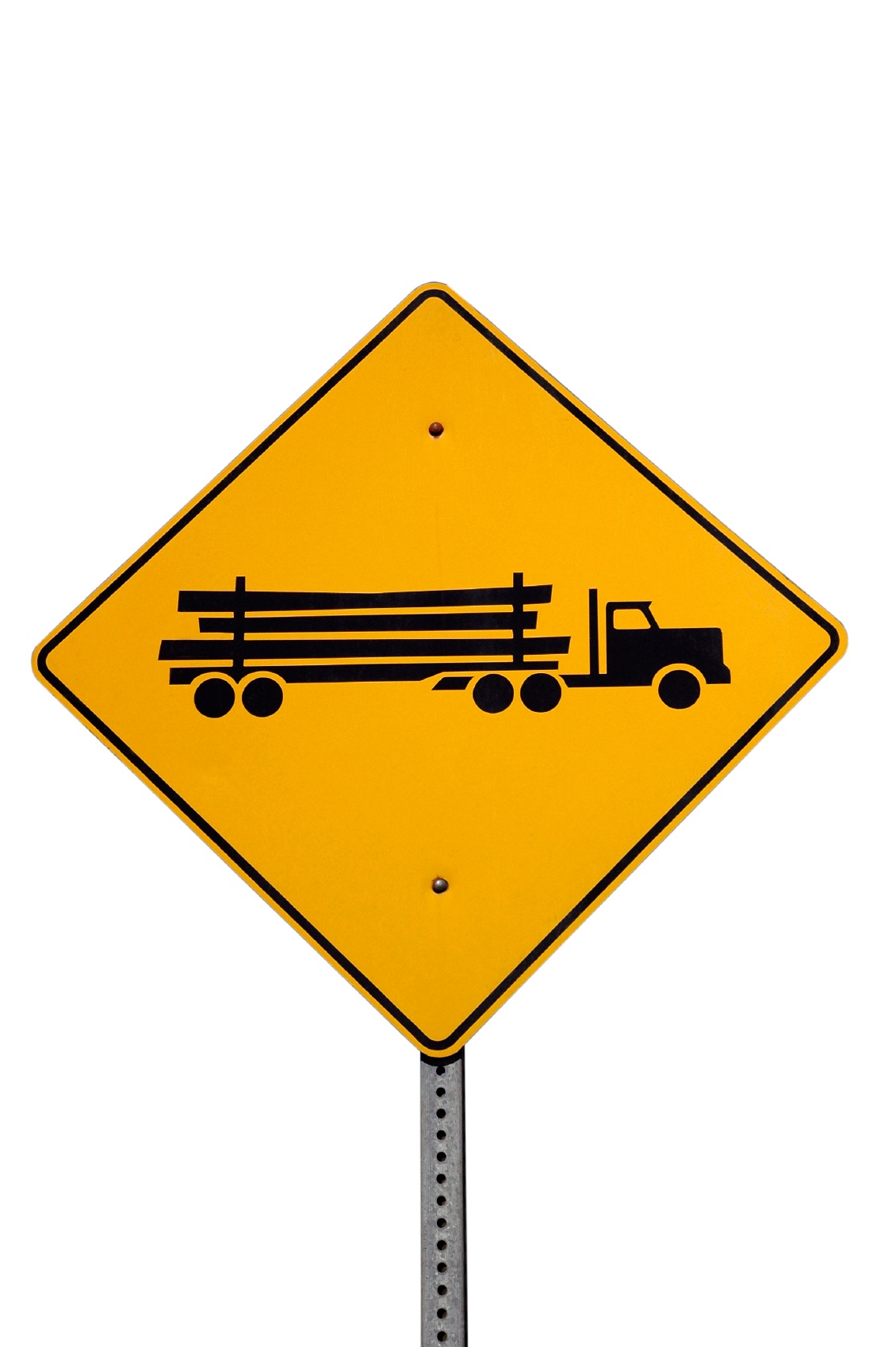2 min read
House Passes $1.2 Trillion Infrastructure Bill; What’s in it for Forestry?
Forest2Market
:
November 9, 2021

The following information was recently published by our friends at Forest Resources Association (FRA)
In early November, the House of Representatives passed a comprehensive infrastructure package titled the Infrastructure Investment and Jobs Act that passed the U.S. Senate on a bipartisan vote in August.
The measure, which passed the House on a vote of 228-206 (13 Republicans voted for the bill, 6 Democrats voted against), includes over a half-trillion dollars in spending on roads, ports, bridges, and rail, among other priorities. Included within the 2,740-page bill that will soon be signed by President Biden are a few items of interest to FRA:
- A favorable provision grandfathering existing gross vehicle weight limits on states roads converting to interstate highways. Currently in North Carolina, several state roads are slated to become federal interstates in the near future. Right now, the maximum gross vehicle weight limit on North Carolina state roads is 90,000 pounds for five axle trucks carrying logs and forest products. Once those roads convert to interstates, the weight limit would decrease to 80,000 pounds unless the 90,000-pound standard is grandfathered. Enactment of this bill addresses this issue.
- Authorization for a pilot program allowing young drivers (between 18-21 years old) to operate trucks interstate after completing rigorous operational and safety training. Currently, younger drivers may drive all day every day within a state’s borders but may not cross state lines. For the last few years, the provision, known as the DRIVE Safe Act, has been a priority of truck-dependent industries as a way of attracting younger drivers to the profession. Related language was also included promoting women in the trucking workforce.
- Language creating a new federal system for subsidizing sawmills and other wood processing facilities, along with $400 million in new financial assistance. The provision specifies that “close proximity” to a sawmill would become a factor for agencies to consider when funding federal land restoration.One of the ongoing challenges to making thinning projects economical is access to processing facilities. Existing wood processing infrastructure is not in close proximity to many federal forests that desperately need active management.
- Provisions of the Repairing Existing Public Land by Adding Necessary Trees (REPLANT) Act are included in the bill. The REPLANT Act quadruples investments to support reforestation projects on national forests by removing the current funding cap of $30 million per year on the Reforestation Trust Fund. This will help the U.S. Forest Service plant 1.2 billion trees on national forests.
- Language establishing a vehicle miles traveled (VMT) fee pilot program. Specifically, the legislation authorizes $125 million for grants that would enable creation of pilot VMT programs to collect data on whether a VMT is a viable option for replacing the gas tax to fund highway programs. The VMT would apply to both private and commercial vehicles.
- Provisions promoting workforce development in the transportation sector. Specifically, language authorizes grants to educational institutions or state departments of transportation, in partnership with industry, to develop, test, and review new curricula and education programs to train individuals at all levels of the transportation workforce. Further, the new curricula and education programs will provide for hands-on career opportunities to meet current and future needs. There are no details yet on what will qualify on training program front.
- Efficient manufacturing—$2.1 billion in assistance to help manufacturers improve energy, water and material efficiency, load management and onsite generation to reduce waste and pollution while increasing profit. The provision includes a special set aside for small to medium sized manufacturing operations.
This bill does not raise taxes, and instead will take money that had been appropriated but not used for COVID-19 relief. FRA will continue to communicate the rollout of the infrastructure package.




